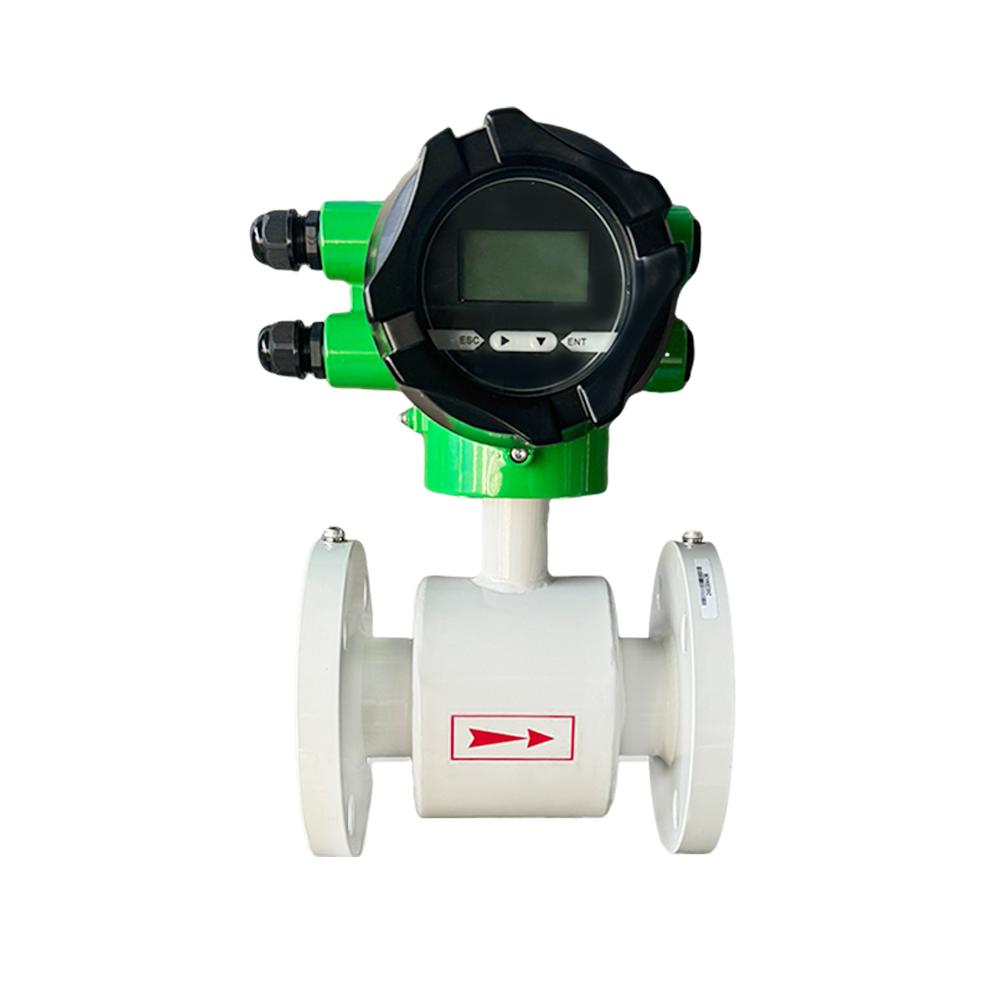With the rapid advancement of smart city development, electromagnetic flowmeters have become increasingly prevalent in tap water systems, emerging as a key technology to enhance supply efficiency and reduce leakage rates. According to multiple water utilities, Yigeqi – a leading electromagnetic flowmeter manufacturer – is driving digital transformation and precision management in water infrastructure through its products featuring high accuracy, low maintenance, and intelligent features.

In traditional water supply systems, mechanical water meters are prone to wear and erosion, as well as water quality variations, which can lead to measurement inaccuracies. Electromagnetic flow meters, however, feature a design without mechanical moving parts. This innovation not only resolves pressure loss issues but also achieves high-precision measurements with ±0.5% accuracy, significantly enhancing the fairness of trade settlements. A technical director from a municipal water utility stated: "Since implementing electromagnetic flow meters last year, leakage rates in District Metering (DMA) systems have decreased, saving millions of tons of water annually."
To address issues like chlorine corrosion and impurity buildup in tap water, the new generation of electromagnetic flowmeters features corrosion-resistant electrodes (such as titanium alloy and platinum-iridium coatings), significantly extending their service life. Some premium models even come with wireless transmission capabilities, enabling direct connection to IoT platforms for remote monitoring and early warning. With the widespread adoption of 5G and IoT technologies, these flowmeters will work in deep collaboration with pressure sensors and water quality monitoring devices to create smarter water supply systems.
The widespread adoption of electromagnetic flow meters signifies a critical shift in the water supply industry from "operational experience" to "data-driven management". This technological advancement has not only boosted water resource efficiency but also provided robust support for smart city development. Looking ahead, continuous technological upgrades will ensure urban water systems operate with enhanced efficiency and stability.


